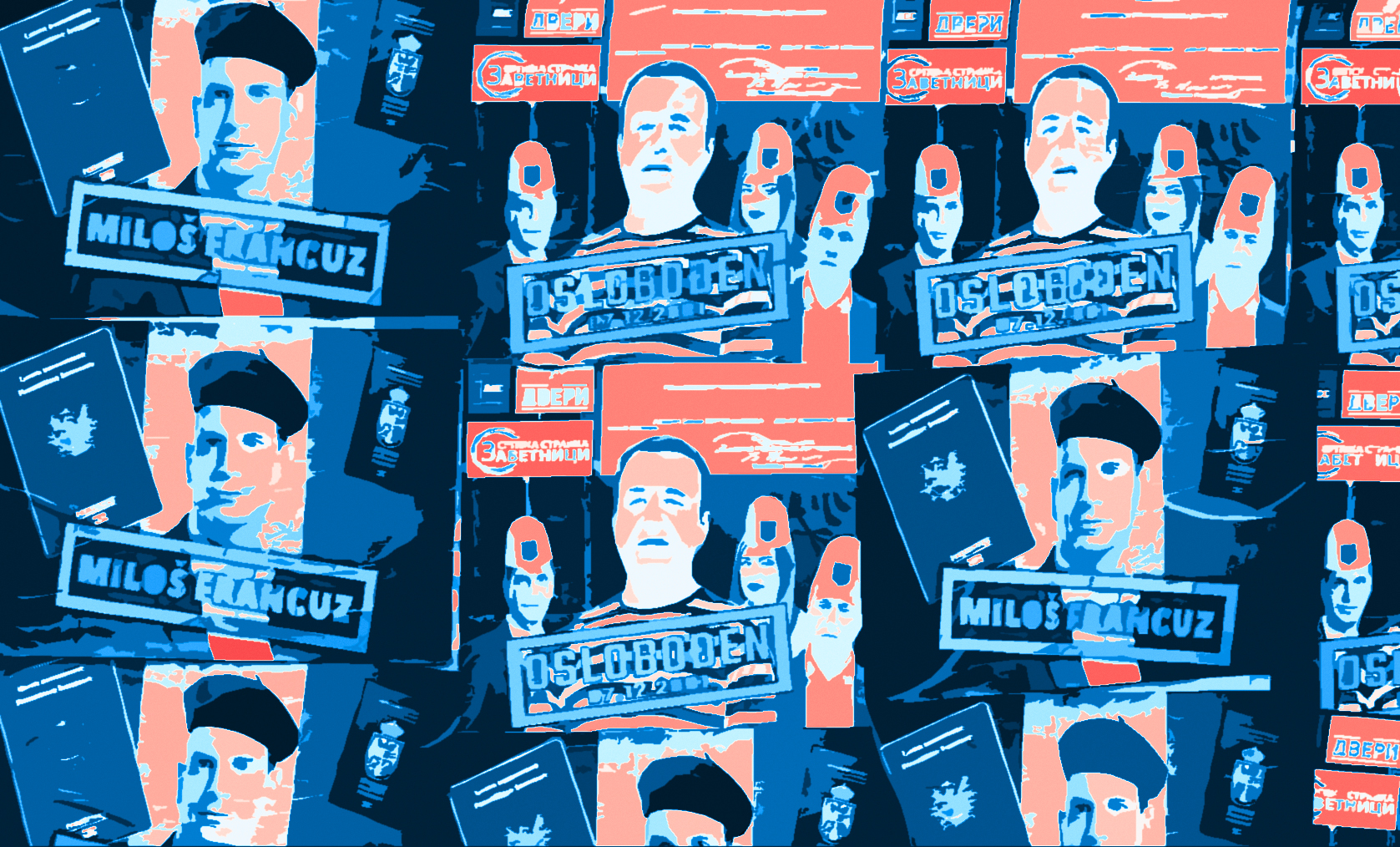
Albanian 'terrorists' in Milošević's prisons
Serbian politicians are talking about old terrorism charges against Kurti. Why now?
|06.06.2023
|

Una Sabljaković
Una Sabljaković holds a Bachelor’s in French Language and Literature from Belgrade University and a Master’s in Philosophy from the University Paris 8 Vincennes – Saint-Denis. She has worked as a Belgrade correspondent with Deutsche Welle’s Serbian, Croatian and Bosnian branches since 2013. Her articles have been published by Vreme and Peščanik as well as the websites of forum ZFD and CZKD. She participated in BIRN’s Balkan Transitional Justice project in 2020 and 2022.
This story was originally written in Serbian.